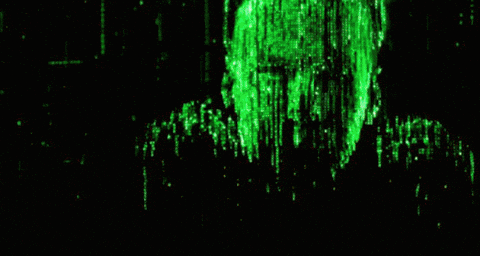In the world of science fiction, few films have had as profound an impact on society as The Matrix. Released in 1999, this groundbreaking film by the Wachowskis explores themes such as reality, identity, and freedom that continue to resonate with audiences today. One aspect of the movie that has been widely discussed is its social implications.
The Matrix presents a dystopian future where humanity is unknowingly trapped in a simulated world created by sentient machines. This raises questions about our relationship with technology and how it shapes our lives. It challenges us to consider whether we are truly free or if we are merely puppets being manipulated by external forces beyond our control.
Moreover, the film also touches upon issues of social inequality and class division. The characters in the movie belong to different levels of society, each with their own set of privileges and limitations. This reflects real-world societal structures where some individuals have more access to resources than others, leading to disparities in opportunities and outcomes.
In conclusion, "The Matrix" serves as a thought-provoking exploration of the complex relationship between technology, society, and individual freedom. Its social implications encourage us to reflect on our own lives and question whether we are truly living authentically or if we too are trapped within someone else's simulation.
